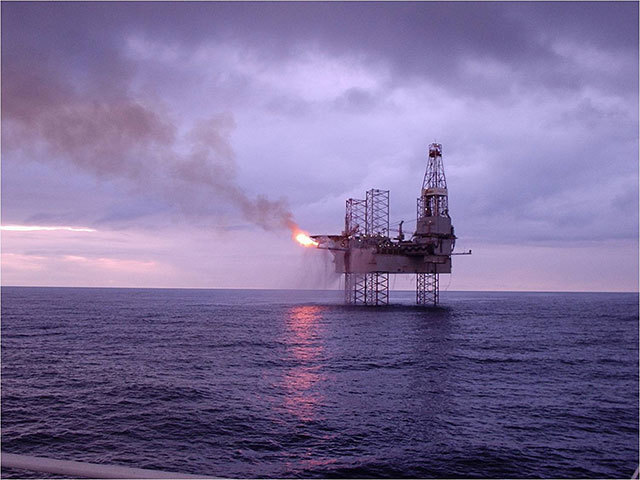
Collaboration by North Sea states will help tackle Europe’s carbon emissions, an international gathering of CCS (Carbon Capture and Storage) emission will hear.
The SCCS (Scottish Carbon and Capture Storage) annual conference will tell politicians, industry experts and academics that the combined efforts of the industry could see hundreds of years’ worth of Europe’s carbon emissions stored.
The EU council of member state governments agreed a wide-ranging energy and climate change package last week, which set a target of at least 40% reduction in greenhouse gas emissions by 2030.
Scottish Energy Minister, Fergus Ewing, said: “We recognise CCS as a critical technology for its potential to play a key role in helping Scotland to achieve its emissions reduction targets and the decarbonisation of our electricity generation sector.
“We firmly believe that the North Sea’s vast CO2 storage potential; coupled with our existing oil & gas capabilities, ready supply chain and existing infrastructure means that Scotland is in a strong position to be at the centre of CCS development in Europe.
“We are very supportive of the Peterhead Gas CCS project and it is very exciting to have the prospect of such a world-leading and innovative project in Scotland.
“However, we cannot build an industry with one project.
“We also need follow-on projects to be supported, like the innovative Captain Clean Energy Project proposed for Grangemouth, which could play a major connecting role between our existing onshore and offshore infrastructure, including the opportunity for Enhanced Oil Recovery (EOR) in the Central North Sea, and enable the infrastructure required for future industrial CCS.”
The SCCS conference began today and delegates will debate the policies, technologies and financial mechanisms of realising this ambition.
The conclusions will be fed into the EU’s on-going review of CCS policy and regulation.
Prof Stuart Haszeldine, SCCS Director, said: “Our conference highlights the huge potential that the North Sea, and Scotland, has for developing CCS networks to help achieve European decarbonisation while fossil fuels remain part of the energy mix, and preserving the economies of major industrial regions.
“Last month, the world’s first commercial-scale CCS project on coal power began operating in Canada. Several other CCS projects in North America are being built.
“By contrast, the EU has to date failed to deliver any CCS projects. CCS technology is proven, and it is clear that climate mitigation cannot succeed without it.”
Recommended for you
